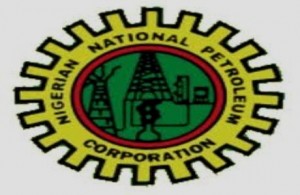 Lagos, (Reuters) – Nigeria’s oil production, which now fluctuates between 2 and 2.5 million barrels per day (bpd), may not likely be enhanced by the on-going oil block sales in the short-term, according to report by Reuters on Tuesday revealed.
Lagos, (Reuters) – Nigeria’s oil production, which now fluctuates between 2 and 2.5 million barrels per day (bpd), may not likely be enhanced by the on-going oil block sales in the short-term, according to report by Reuters on Tuesday revealed.
The report however expects that the blocks’ sale may get uplift in future, it says such is achievable only if smaller local companies work harder to exploit reserves, and government successfully stem the spate of insecurity, partnering local communities.
Already, international oil companies have sold some blocks and are still putting many other blocks for sale.
Shell Petroleum Development Company (SPDC), for instance, has already sold eight blocks in the Niger Delta at the cost of about $1.8 billion since 2010, with plans to sell more fields responsible for between 80,000 and 100,000 bpd, although it is not clear if this level of output is yet being produced.
Chevron, another industry giant, is also selling five shallow water blocks, but would not comment further on its plans for Nigeria; while fellow U.S. firm ConocoPhillips is selling its Nigerian businesses to Oando for about $1.79 billion. Theft may not be the only reason for selling down.
Oil and gas industry investor, Tony Elumelu, and Wale Tinubu, chief executive of Oando, known to be among those negotiating to the buy oil blocks off majors, told Reuters in recent interviews, they thought it would be easier for Nigerian companies with a better understanding of local issues to manage often fraught community relations.
“But ending oil theft, officially estimated at 250,000 bpd, is a massive undertaking. It is often associated with criminal gangs who tap crude from pipelines for local refining, but most stolen crude leaves the country in large tankers, which could not happen without the complicity of top officials,” the report read.
Shell, the largest producer in Nigeria, said penultimate week that it took a $700 million hit from theft and other issues in Nigeria, as well as the tax impact of a weakening Australian dollar. Shell’s share of output in Nigeria fell to 158,000 bpd in the second quarter, down from 260,000 bpd in 2012.


